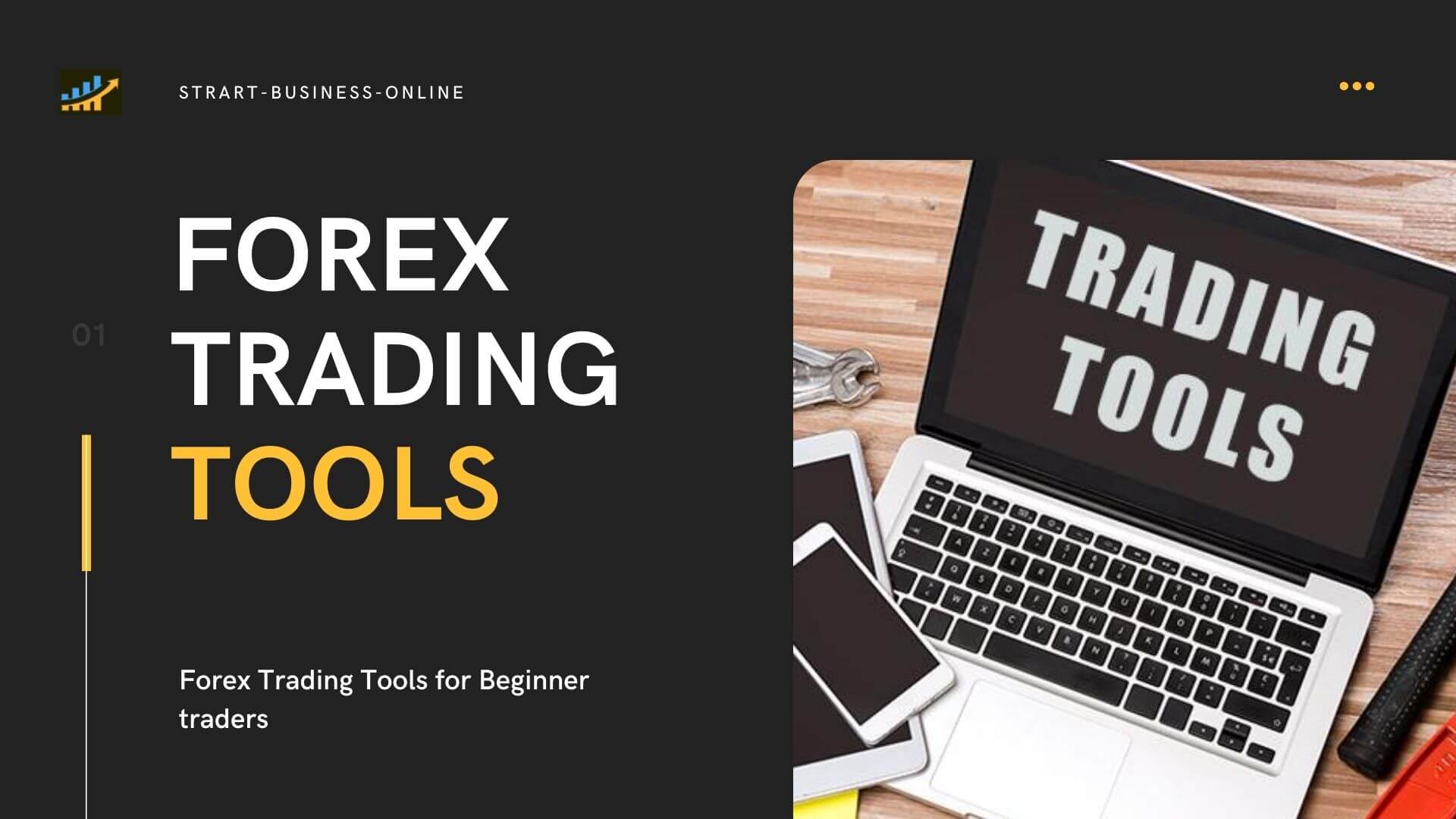
Investing in Fidelity dividend funds can be a good way to get both growth and income from your investments. You can select a fund to target a certain income level. These funds are tailored to specific needs such as income generation in retirement.
This income funds aims to give investors an attractive return and a solid potential for capital appreciation on a long-term basis. The fund invests in high-dividend companies. The fund has a low expense ratio and is suitable for those looking to generate a steady stream of income.
It invests primarily in stocks with high dividends. This includes large-cap companies. The fund is concentrated on industrial, energy, financial and other companies with a long history of dividend payments.
Top holdings of the fund include Amazon (AMZN), Apple, Alphabet parent company Google (GOOG), and Tesla. It is popular for retirement plans because of its low expense ratio.

Dividend funds allow you to invest in different sectors and industries while getting a constant return. These funds tend to be affordable and professionally managed. They're an excellent option for people who want to build their portfolios but don't want to break the bank.
High yield bond funds are another way to generate a stream of income from your investments. These funds are often less risky than other types investment grade bonds. However, they can also be volatile, and subject to federal, state and local taxes.
These funds are backed typically by a large team of researchers and give investors the chance to diversify their portfolios. These funds are also considered as the best option for achieving higher returns and better risk adjusted returns over time.
One of the best dividend funds available, Fidelity High Income Fund pays a high annual yield and has been consistently outperforming its peers. It holds shares of a number of different companies, including energy giant Chevron (CVX) and health care firm Aetna (AET).
This actively run fund is perfect for those investors who wish to achieve the highest possible returns, while assuming minimal market risks. It concentrates on high-growth companies in sectors such as energy and healthcare, while also trying to avoid those with weak balance sheet.

It has a relatively low cost and uses a proprietary research methodology to identify the best stocks in each sector. It uses a combination of research and active management in order to get the best results.
Dividend-focused global funds are an increasingly popular investment option for investors, as they offer diversification outside of the United States. This Fidelity Fund seeks out international stocks with the highest dividend growth potential.
The fund is backed by an experienced team of portfolio managers and research analysts, who strive to produce excellent results over the long term. They ensure that portfolios are well diversified and do not contain any company with an excessive amount of exposure to a specific industry.
Fidelity ranks among the top actively managed investment funds, thanks to their seasoned investment research team and experienced management. The entire team knows the markets so it does not affect performance when the lead manager leaves.
FAQ
How does inflation affect the stock market?
Inflation is a factor that affects the stock market. Investors need to pay less annually for goods and services. As prices rise, stocks fall. This is why it's important to buy shares at a discount.
What is the difference between non-marketable and marketable securities?
The principal differences are that nonmarketable securities have lower liquidity, lower trading volume, and higher transaction cost. Marketable securities, however, can be traded on an exchange and offer greater liquidity and trading volume. They also offer better price discovery mechanisms as they trade at all times. However, there are many exceptions to this rule. For example, some mutual funds are only open to institutional investors and therefore do not trade on public markets.
Marketable securities are more risky than non-marketable securities. They are generally lower yielding and require higher initial capital deposits. Marketable securities are generally safer and easier to deal with than non-marketable ones.
For example, a bond issued by a large corporation has a much higher chance of repaying than a bond issued by a small business. Because the former has a stronger balance sheet than the latter, the chances of the latter being repaid are higher.
Because they are able to earn greater portfolio returns, investment firms prefer to hold marketable security.
What is the difference in a broker and financial advisor?
Brokers are specialists in the sale and purchase of stocks and other securities for individuals and companies. They handle all paperwork.
Financial advisors have a wealth of knowledge in the area of personal finances. Financial advisors use their knowledge to help clients plan and prepare for financial emergencies and reach their financial goals.
Financial advisors can be employed by banks, financial companies, and other institutions. They could also work for an independent fee-only professional.
If you want to start a career in the financial services industry, you should consider taking classes in finance, accounting, and marketing. Also, it is important to understand about the different types available in investment.
What is the role of the Securities and Exchange Commission?
SEC regulates the securities exchanges and broker-dealers as well as investment companies involved in the distribution securities. It enforces federal securities regulations.
What is the difference in the stock and securities markets?
The securities market refers to the entire set of companies listed on an exchange for trading shares. This includes stocks and bonds, options and futures contracts as well as other financial instruments. Stock markets are generally divided into two main categories: primary market and secondary. Stock markets are divided into two categories: primary and secondary. Secondary stock markets allow investors to trade privately on smaller exchanges. These include OTC Bulletin Board Over-the-Counter, Pink Sheets, Nasdaq SmalCap Market.
Stock markets are important as they allow people to trade shares of businesses and buy or sell them. The value of shares depends on their price. A company issues new shares to the public whenever it goes public. These shares are issued to investors who receive dividends. Dividends refer to payments made by corporations for shareholders.
Stock markets provide buyers and sellers with a platform, as well as being a means of corporate governance. Boards of Directors are elected by shareholders and oversee management. They ensure managers adhere to ethical business practices. If the board is unable to fulfill its duties, the government could replace it.
What is a Mutual Fund?
Mutual funds can be described as pools of money that invest in securities. They provide diversification so that all types of investments are represented in the pool. This reduces the risk.
Managers who oversee mutual funds' investment decisions are professionals. Some funds let investors manage their portfolios.
Mutual funds are preferable to individual stocks for their simplicity and lower risk.
Who can trade in stock markets?
The answer is yes. All people are not equal in this universe. Some people have better skills or knowledge than others. So they should be rewarded.
Other factors also play a role in whether or not someone is successful at trading stocks. For example, if you don't know how to read financial reports, you won't be able to make any decisions based on them.
This is why you should learn how to read reports. You must understand what each number represents. You should be able understand and interpret each number correctly.
Doing this will help you spot patterns and trends in the data. This will enable you to make informed decisions about when to purchase and sell shares.
If you're lucky enough you might be able make a living doing this.
How does the stockmarket work?
By buying shares of stock, you're purchasing ownership rights in a part of the company. The shareholder has certain rights. A shareholder can vote on major decisions and policies. He/she has the right to demand payment for any damages done by the company. He/she also has the right to sue the company for breaching a contract.
A company cannot issue more shares that its total assets minus liabilities. This is called capital sufficiency.
A company with a high capital sufficiency ratio is considered to be safe. Companies with low ratios are risky investments.
Statistics
- "If all of your money's in one stock, you could potentially lose 50% of it overnight," Moore says. (nerdwallet.com)
- Individuals with very limited financial experience are either terrified by horror stories of average investors losing 50% of their portfolio value or are beguiled by "hot tips" that bear the promise of huge rewards but seldom pay off. (investopedia.com)
- Our focus on Main Street investors reflects the fact that American households own $38 trillion worth of equities, more than 59 percent of the U.S. equity market either directly or indirectly through mutual funds, retirement accounts, and other investments. (sec.gov)
- Even if you find talent for trading stocks, allocating more than 10% of your portfolio to an individual stock can expose your savings to too much volatility. (nerdwallet.com)
External Links
How To
How can I invest my money in bonds?
A bond is an investment fund that you need to purchase. The interest rates are low, but they pay you back at regular intervals. You make money over time by this method.
There are many ways to invest in bonds.
-
Directly purchase individual bonds
-
Buy shares in a bond fund
-
Investing through a bank or broker.
-
Investing through financial institutions
-
Investing through a Pension Plan
-
Directly invest through a stockbroker
-
Investing in a mutual-fund.
-
Investing via a unit trust
-
Investing using a life assurance policy
-
Investing through a private equity fund.
-
Investing through an index-linked fund.
-
Investing in a hedge-fund.